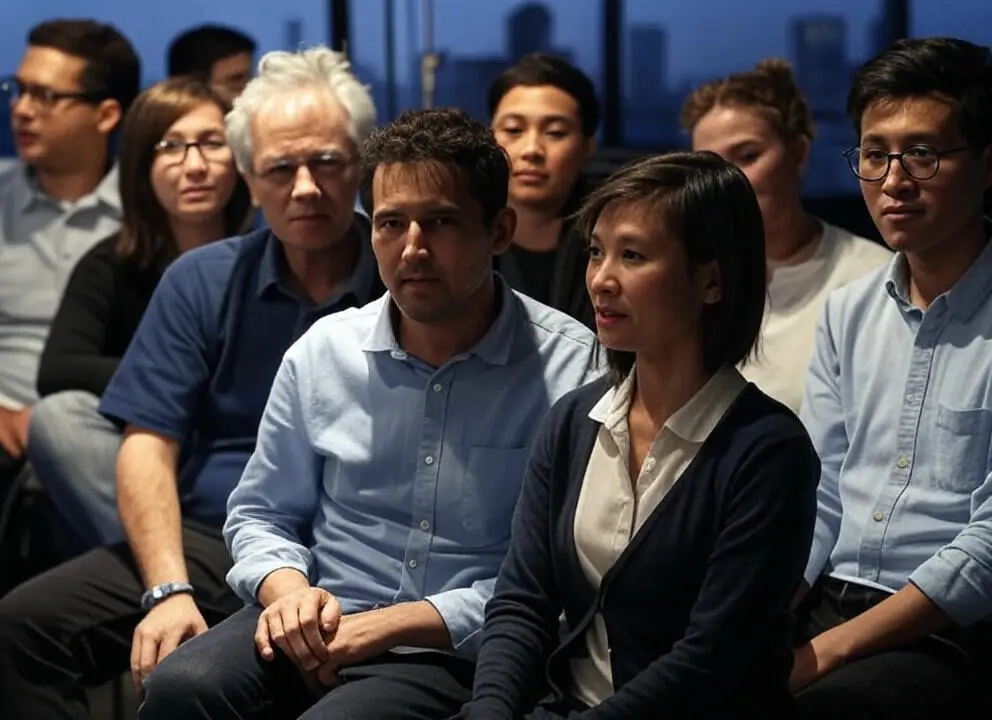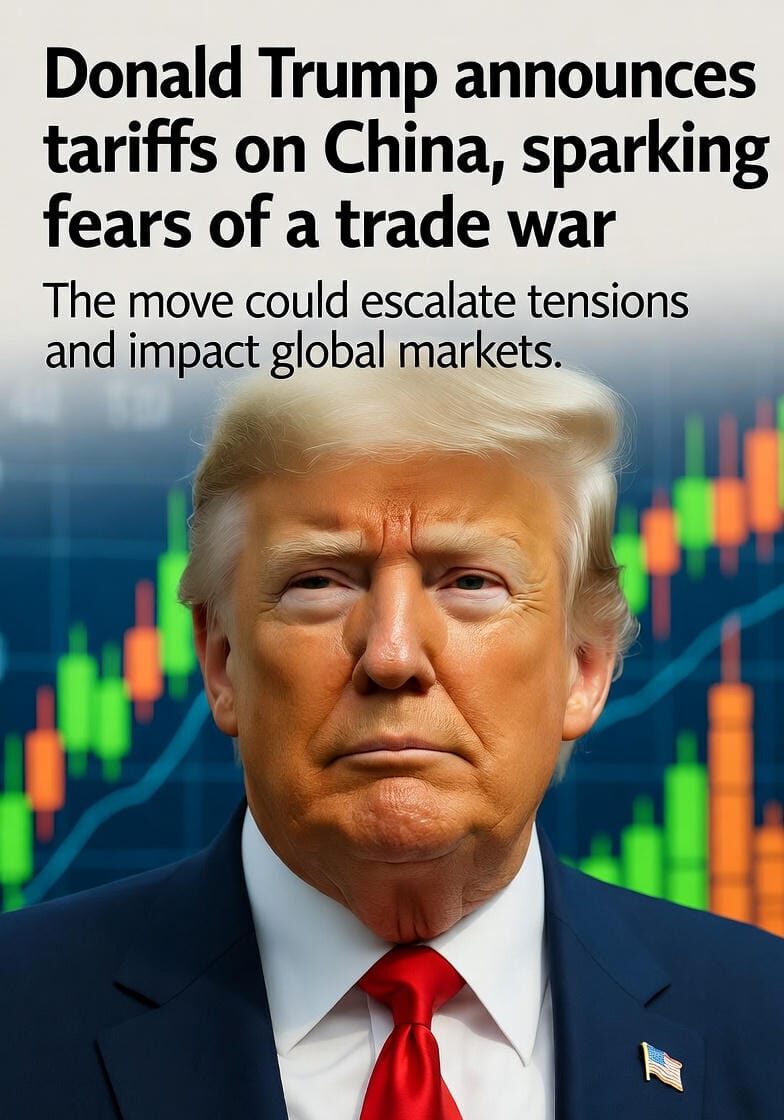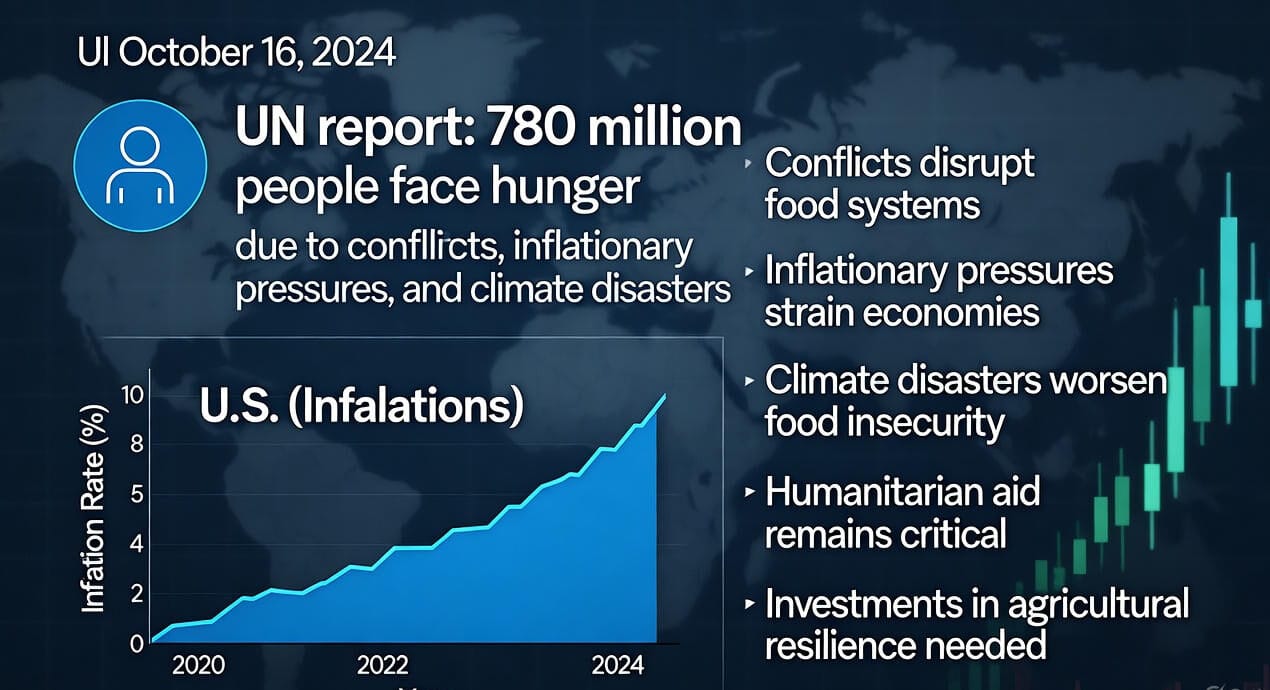
April 4, 2025 – For many living abroad, the pull of home can manifest in unexpected ways. In what’s a first for a domestic animation feature in China, this year that yearning took a cinematic form as an attempt to watch Ne Zha 2, an animated Chinese blockbuster that shattered local box office records, on the biggest screens available. Outside of the crowded theaters in mainland China, expatriates and enthusiasts from all over the world, including the United States, joined forces to achieve this goal, transforming a mundane trip to the cinema into a joyous festival of national pride and community.
The story begins with Ne Zha 2, a film that has not only dominated China’s box office but rewritten global records. On January 29, 2025, the premiere of the film Lunar New Year Ne Zha 2019’s sequel was received very well by people all over the world; it has earned over $2 billion, becoming the most profitable animated movie ever and the first non-English film to achieve $2 billion. Derived from the 16th-century Chinese romance *Investiture of the Gods*, the story of the naughty demon child Ne Zha and his dragon prince friend Ao Bing has deeply penetrated the hearts of the audience, mixing the splendor of the cartoon with a story infused with ethnic patterns.

Nevertheless, for international residents, witnessing this occurrence was not as easy as going to the nearest multiplex. In the U.S., for instance, Ne Zha 2 initially played on limited screens, overshadowed by Hollywood heavyweights like *Captain America: Brave New World*. For Chinese students, professionals, and families craving a taste of home, streaming it on a laptop wouldn’t do—only the immersive grandeur of IMAX would suffice.
Epic Screens, Epic Dreams: Expats Ignite a Cinematic Revolution
Enter the grassroots organizers. In Columbia, Maryland, 27-year-old student Sun Bohan spearheaded one such effort. Frustrated that every IMAX screen near Baltimore was booked with American blockbusters, he turned to Xiaohongshu and WeChat, rallying over 100 supporters to rent out a theater. The result? A sold-out screening on March 1, where attendees donned traditional Chinese outfits, signed a ceremonial scroll, and posed with cosplayers wielding red-tasseled spears. Parents brought kids dressed as Ne Zha, and the air buzzed with excitement.
Similar scenes unfolded in New York, where Ma Ruo Yuan and a friend orchestrated two screenings for 600 people, and across other cities where Chinese communities pooled resources to secure IMAX showtimes. These weren’t just movie nights—they were events, complete with custom tickets styled like traditional paintings and a shared sense of defiance against the film’s limited international rollout.
The hunger for Ne Zha 2 abroad reflects its monumental status back home. In China, it’s more than a film—it’s a cultural juggernaut. Companies like Shandong’s Weilong Food shut down factories to bus employees to screenings, while police in Shandong watched en masse “to strengthen their belief in the rule of law,” according to official statements. With $131 million of its haul coming from IMAX alone in China, the film’s technical brilliance—crafted by 4,000 animators over five years—demands the biggest screens available.
Yet globally, Ne Zha 2 remains an underdog, earning just $15 million in North America despite its colossal success. IMAX Corp., based in Toronto, noted the challenge of securing screens, with bookings often locked in a year in advance. Still, they expanded from 80 U.S. screens on February 12 to 110 after *Captain America* wound down, a nod to the growing demand fueled by these community efforts.
For attendees like Zhao Yuanyuan, who brought her 7-year-old son Jiang Wei’en to the Maryland screening—his second viewing—the experience was about more than entertainment. “As a Chinese, I am really proud to see a Chinese movie as the only one among the top 10 of something,” she said. “I hope he can carry on Chinese traditional culture and not forget his roots.” Her sentiment echoes a broader pride: Ne Zha 2 sits fifth on the all-time global box office chart, ahead of *Star Wars: The Force Awakens*, with over 99% of its earnings from China.

These screenings also forge connections in a post-pandemic world, especially amid rising anti-immigrant sentiment in the U.S. Belinda He, a professor of Sinophone cinema at the University of Maryland, sees them as a response to “increasing institutionalized hostility toward immigrants,” particularly under a renewed Trump administration. For the Chinese diaspora, gathering to cheer Ne Zha’s defiance of fate—“My fate is controlled by myself, not by God”—feels both personal and communal.
As Ne Zha 2 continues its global rollout, with releases planned in the UK, Southeast Asia, and beyond, these expat-led efforts highlight a universal truth: sometimes, to feel at home, you have to take matters into your own hands. For these fans, the biggest screens weren’t just a luxury—they were a canvas for reclaiming a piece of their story, one epic frame at a time.





